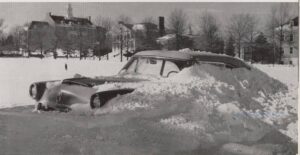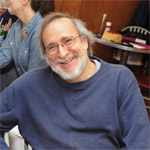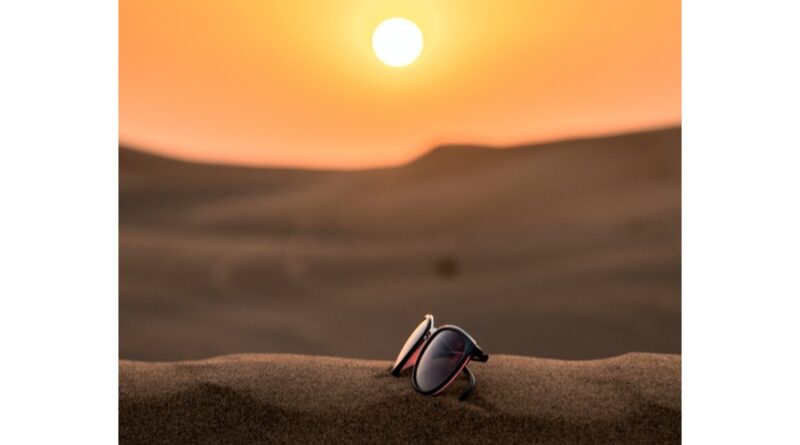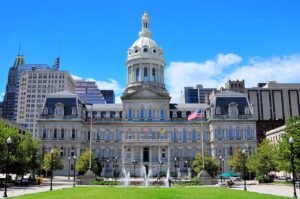In the midst of the latest evidence that the earth is on fire, we dined with old friends who have come home from Phoenix, Arizona, where they’ve lived with some of the worst of this summer’s paralyzing heat wave.
In Baltimore, the temperature was hovering around 90 and the humidity induced labored breathing. Out there, they said, the thermometer routinely topped 110, and our friends lived through days where it reached 120.
“But it’s a dry heat,” somebody said.
“Yes,” somebody else said, “like the inside of an oven.”
Our friends moved to Arizona roughly 20 years ago. Now they’ve had enough. They moved back here last week. They said the weather was hot when they first arrived in Phoenix, but the summers have become unbearable as global warming bullies its way across everything.
“Have you seen big changes in the weather here?” our friends asked.
“Yes,” we answered. “Remember snow? Remember when we used to have it in the winter?”
The four us all grew up here. Whatever happened to serious snow, which we haven’t seen in some time? We remember snowball fights and sledding down hills. As school kids, we gathered around the radio to hear the list of all school closings and wondered how the announcers would mispronounce Chizuk Amuno each winter.
We remembered the snows of 1979 and 1983, both of which gave us roughly two feet of snow, and how the entire metro area seemed to come to a halt. And in the context of the current heat, it sounded like bliss.
“And 1958,” someone said.
That was my favorite blizzard, because it kept everybody home from school for a full week. There were three Baltimore newspapers back then, whose crumbling pages I’m looking through now.

In that February week of ’58, the daily papers rushed their delivery trucks onto the streets as snow began accumulating. They saw what was coming. They urged everyone to conserve food and fuel “until this crisis is over.”
So Baltimoreans back then did what we always do at such moments: we panicked. We rushed to the nearest food stores to buy what we consider the bare essentials: toilet paper and beer.
In ’58, the snow did not stop. It fell on houses where people huddled from the cold, and it fell on impassable streets where cars were soon splayed about and abandoned by the hundreds.
Boy Scouts on a camping trip in Harford County were stranded for three days. Bon Secours Hospital ran out of fuel, and so did St. Agnes Hospital. On Pulaski Highway, hundreds of cars were stranded, and army helicopters from Fort Meade were sent on rescue missions.
Hard to believe in 2023 but in the winter of ’58, thoroughbred horse racing was still big. As snow fell that first day, 5,000 people gathered at Bowie Race Track. By late afternoon, the snow reached 16 inches.
As dusk began to fall, it occurred to these brilliant horse players: “How will we get home?” Cars were immovable, as were buses and trains. But railroad officials dispatched a special train to Bowie, not knowing when it might plow its way through.
When it arrived at the track, it was somewhere after dark. A Sun account the next day described the horse players storming the train so ferociously that “women were knocked off their feet.”
There was room for 840 people in the 10 railroad cars, but 1,700 somehow jammed their way in. Many smoked cigarettes, causing some to faint. Some slept on baggage racks above seats.
“They looked like the cast out of an epic movie by Cecil DeMille,” The Sun said.
Yeah, it was awful back in the snow of ‘58.
But from the stifling heat wave in ’23, it sounds almost like heaven.

Michael Olesker’s latest book, “Boogie: Life on A Merry-Go-Round,” was recently published by Apprentice House. It’s the life story of Baltimore legend Leonard “Boogie” Weinglass, an original “Diner” guy who grew up to create the Merry-Go-Round clothing chain and contribute millions to charity.





